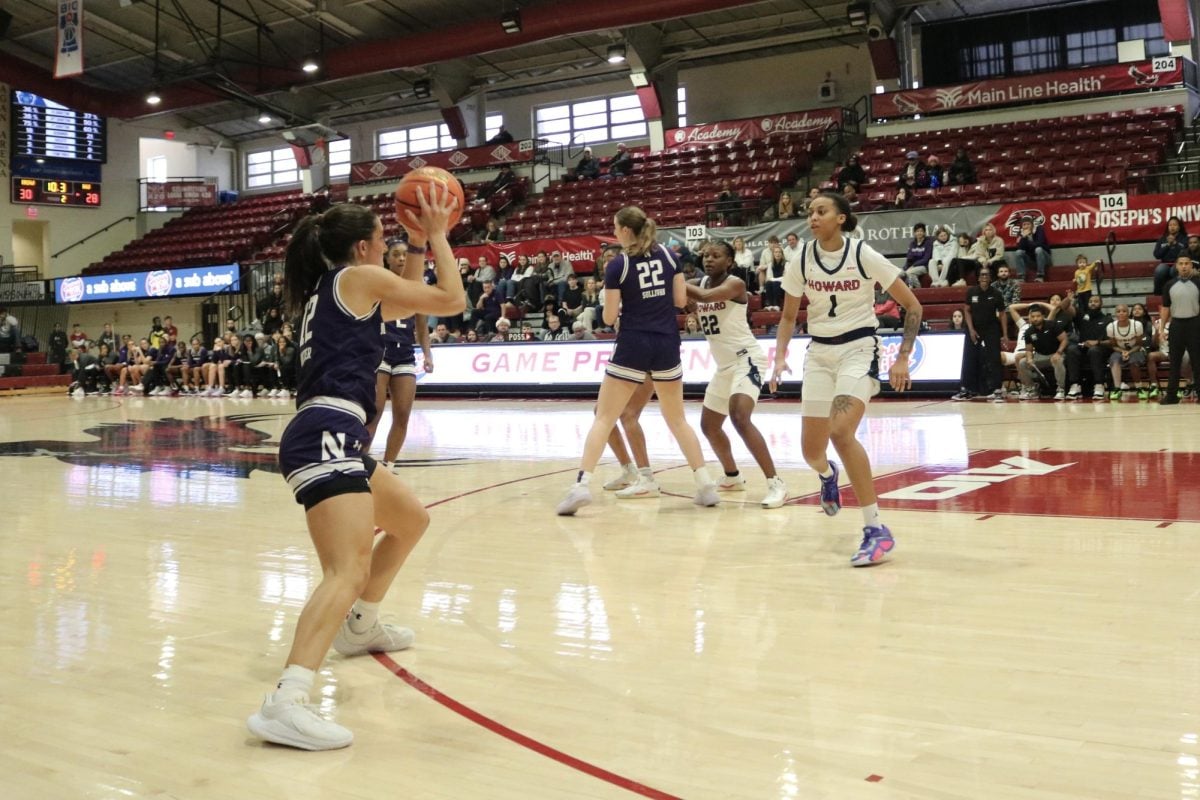When NU Tutors asked me to sub in for an ACT tutor, I wasn’t exactly thrilled. It was four years since I’d slogged my way through the trenches of standardized testing, and I had little desire to return. Moreover, I’d never tutored the ACT before, so I wasn’t exactly sure of my qualifications. But, hey, I figured I need to fund my expensive cappuccino addiction, and they need somebody to fill in, so man up and do it.
When I met my client, we sat down to take a practice test. As she worked, I flipped through a Kaplan ACT practice book, trying to refresh my memory of the mystical arcana of standardized testing. Back in high school, I was flabbergasted and never did anywhere nearly as well as I wanted to until my parents forked over an arm and a leg to hire me a private tutor from Kaplan. Even then, all I learned was some arbitrary and pointless rules that I applied rather blindly but somehow to quite good effect. God bless the engines of American capitalism for creating such a perfectly crafted test-prep industry.
Anyway, as we went over her test, I had quite the surprise: The ACT actually made sense. Well, not perfectly, but I found myself able to actually reason through the questions. My mind was quickly navigating what might as well have been sorcery four years ago. Man, how I wished my paranoid 17-year-old self could see me now!
So what’s the big secret? I hadn’t cozied up with the devil and sold him my soul for the secrets of the ACT (promise!) nor did calculus and Kierkegaard tell me anything about the test that I didn’t already know four years ago. However, what I now had that I once lacked was perspective and – in minuscule but noticeable quantities – maturity. It was not just a “test that tests your ability to take tests,” but rather an exercise in adult reasoning and observation.
In a passage I read with a student recently, there was a question in which we had to identify one character’s indifference toward another by the fact that the character in question greeted the other in the midst of giving orders to his subordinates and shaking hands on the left. Though it’s obvious when stated directly, picking this out among countless other details requires scrutiny, perspective and an ability to imagine a foreign situation quickly that I don’t think most high school juniors have. Back then, shaking hands was an infrequent occurrence and the principle of showing respect by shaking with the right would not have made this detail pop out at me.
Standardized tests, then, perhaps really do test a form of intelligence in theory. In practice, we all know well enough that getting a 36 is a long road of menial labor that begins with your parents’ wallets and ends with nothing but arbitrary qualifications and a valuable lesson in putting up with bullshit.
Julian Caracotsios is a rising Weinberg senior. He can be reached at [email protected]. If you would like to respond publicly to this column, leave a comment or send a letter to the editor to [email protected].















